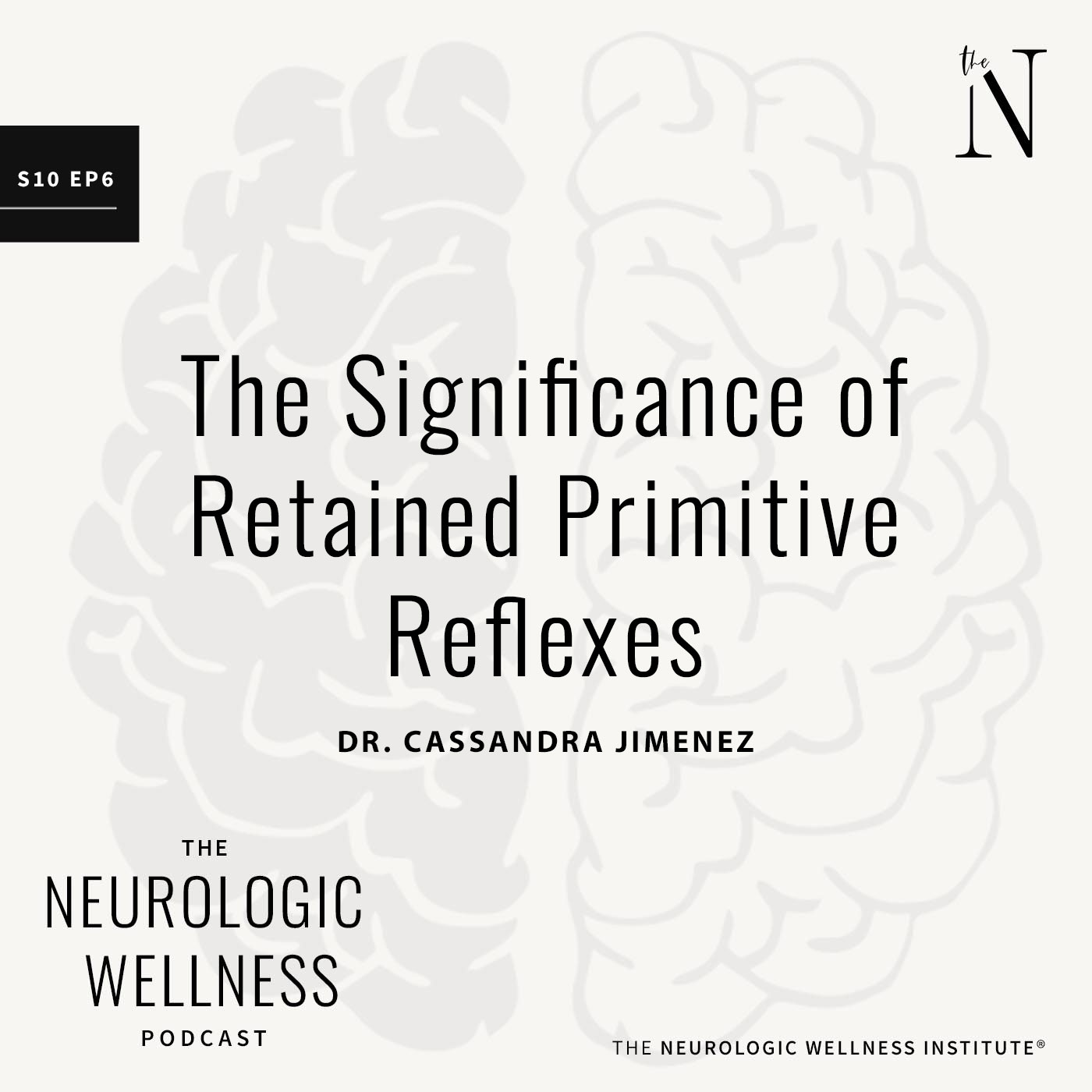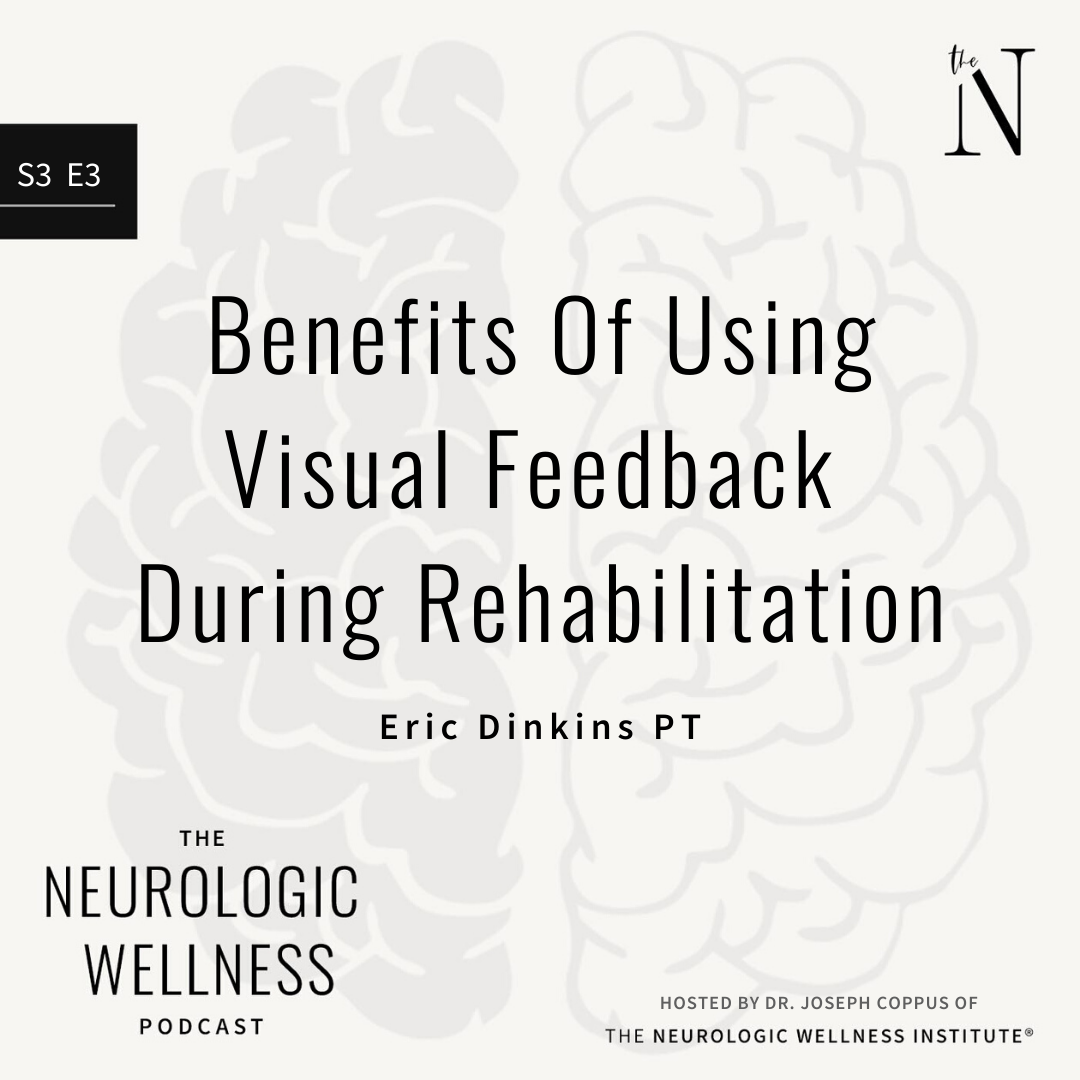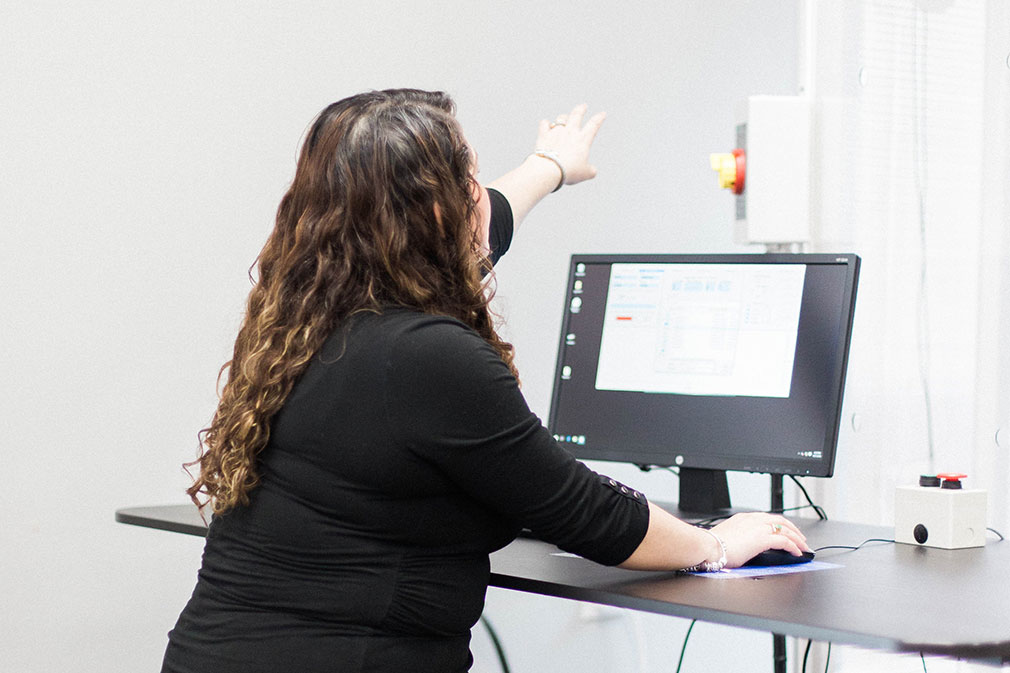Ask Dr. Nick
On today’s episode, Dr. Nick talks about misophonia and how dysfunctions in the brain can lead to treatment modalities. Misophonia is a condition in which the individual has an abnormal reaction to an otherwise trivial sound. This reaction is more than an annoyance, rather, it is a strong emotional response of rage, anger, and/or fear and can cause anxiety. At the same time, there are physiological manifestations like increased heart rate and breath rate, chest pain, difficulty breathing, increased blood pressure, and sweating. The most common sounds are others chewing, slurping, lip smacking, foot or finger tapping, and pen clicking among others. Generally, this condition starts in childhood with a specific event that could be or not be traumatic. Then, the emotional memory sticks and continues to build stronger connections making the condition worse. The main brain area involved is the amygdala in the limbic system that is important for fear and anger along with memories associated with these emotions. The amygdala becomes overactive, so treatment needs to be focused on the areas that control it. Check out the video for more in depth information on the pathology of misophonia and how to treat it!
Cavanna AE, Seri S. Misophonia: current perspectives. Neuropsychiatr Dis Treat. 2015;11:2117-2123.




